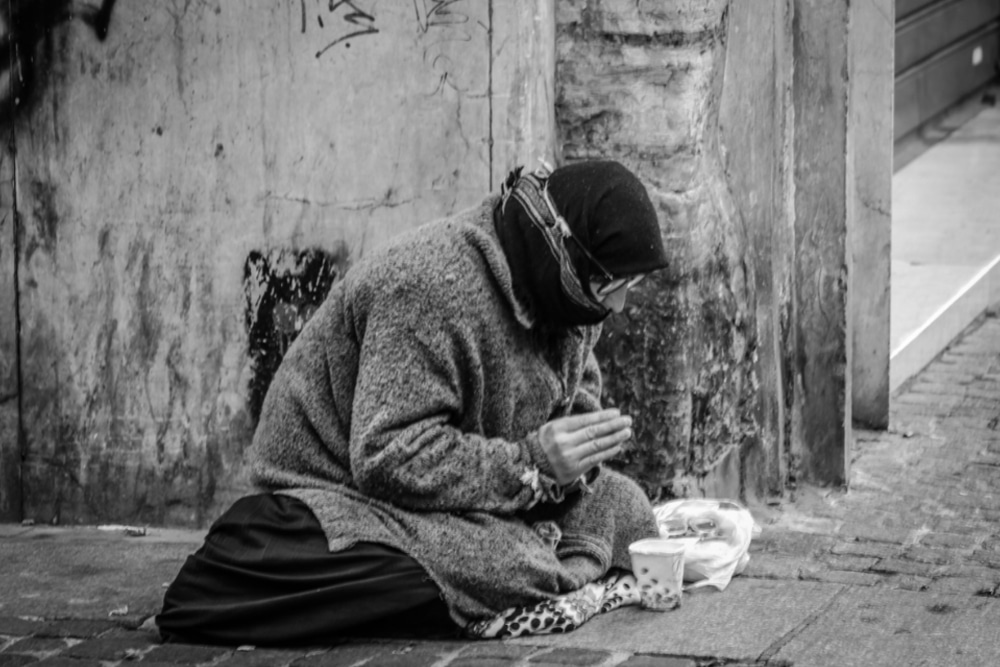Approximately 554,000 people in the United States were homeless in 2017. Homelessness is a complex, modern issue that affects too many people across the globe. An individual without a reliable place to live is considered homeless. Homelessness can affect families, children, and individuals. Someone currently without housing, even though they may be eligible for housing within a short time frame (like with an eviction), or if a person’s current housing situation is life-threatening (as with domestic violence), is considered homeless. Any unstable situation can result in a range of homelessness severity.
Many Reasons Can Cause Homelessness
Homelessness can be an unsheltered person living on the streets, camping outdoors, or living in a car or abandoned building. A sheltered person stays in an emergency shelter or abandoned building or temporarily doubled up living with friends or family.
A variety of reasons can cause homelessness. The number one reason is the lack of affordable housing. The second reason is the economy, and the third is from lack of support and health services. Breaking this down further, homelessness is caused because either a person who cannot afford a house, a person who is working but still in poverty, unable to find work, has a personal hardship, or is physically or mentally ill.
Connection Between Substance Abuse and Homelessness
Unfortunately, substance abuse and homelessness go hand in hand. Studies show that about 38% of alcohol-dependent people and 26% dependent on drugs or substances are homeless. Alcohol abuse is more common amongst the older homeless population, and drug abuse is more common with the younger homeless population.
According to the National Coalition for Homelessness, “Substance Abuse and Homelessness”:
Substance abuse often leads to homelessness. Addictive disorders disrupt relationships with family and friends and can cause job loss. For people struggling to pay their bills, the onset and exacerbation of an addiction may cause them to lose their housing. A 2014 survey by the United States Conference of Mayors asked 25 cities for their top three causes of homelessness and substance abuse, and the lack of needed services was cited by 43% of cities, making it tied for the third leading cause. People who are homeless often turn to drugs and alcohol to cope with their situations. They use substances in an attempt to attain temporary relief of their problems. In reality, substance abuse only exacerbates their problems and decreases their ability to achieve employment stability and get off the streets. (VA.GOV)
The correlation is crystal clear, substance abuse is a major factor for many people becoming and remaining homeless. Substance abuse can lead to immense financial loss, job loss, and loss of support from family or friends which then may result in a person being homeless. Addiction causes a downward spiral that leads to terrible and out-of-control situations for a lot of people.

Mental Illness, Addiction, and Homelessness
Mental illness leads to 33% of people battling homelessness, and this is commonly connected to or leads to drug and alcohol abuse. The most common mental health disorders that the homeless struggle with include:
- Severe Anxiety
- Major Depressive Disorder
- Bipolar Disorder
- Schizophrenia or Schizoaffective Disorder
- Post-Traumatic Stress Disorder (this is extremely high in homeless veterans)
We know that substance abuse, mental health issues, and homelessness are all very commonly seen together. People with mental illnesses often self-medicate to alleviate the symptoms they are experiencing. Either they don’t know how to get help, fear asking for help or support, lack health insurance, or don’t realize what they are experiencing is abnormal. This creates a cycle of dependency which then often leads to homelessness.
Help For Homelessness and Substance Abuse Issues at ASPEN Behavioral Health
If you are currently struggling with substance abuse, a mental illness, and/or are homeless, please reach out to someone for help. Asking for help takes courage, but it is the first big step that will put you on the road to a better life, recovery.
Aspen Behavioral Health understands how hard the recovery process can be. Recovery is an individualized process. No one person will have the same needs on this journey to recovery. At Aspen, we aim to give our patients the type of personalized care that will yield the best results with minimal disruptions in their life.
We put our patients’ care first. Aspen Behavioral Health has several different treatment options to suit anyone needing help with drug and alcohol addiction. We help people regroup and get the support they need in our modern addiction treatment programs. If you or someone you love is struggling with drug or alcohol addiction, give us a call and let our team help you.



